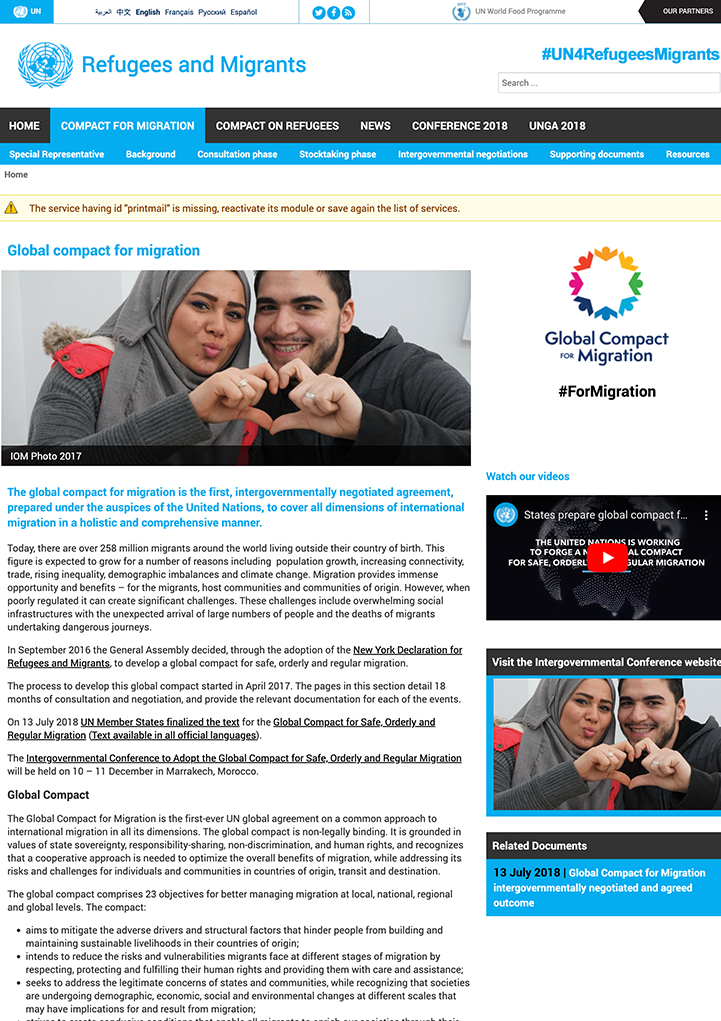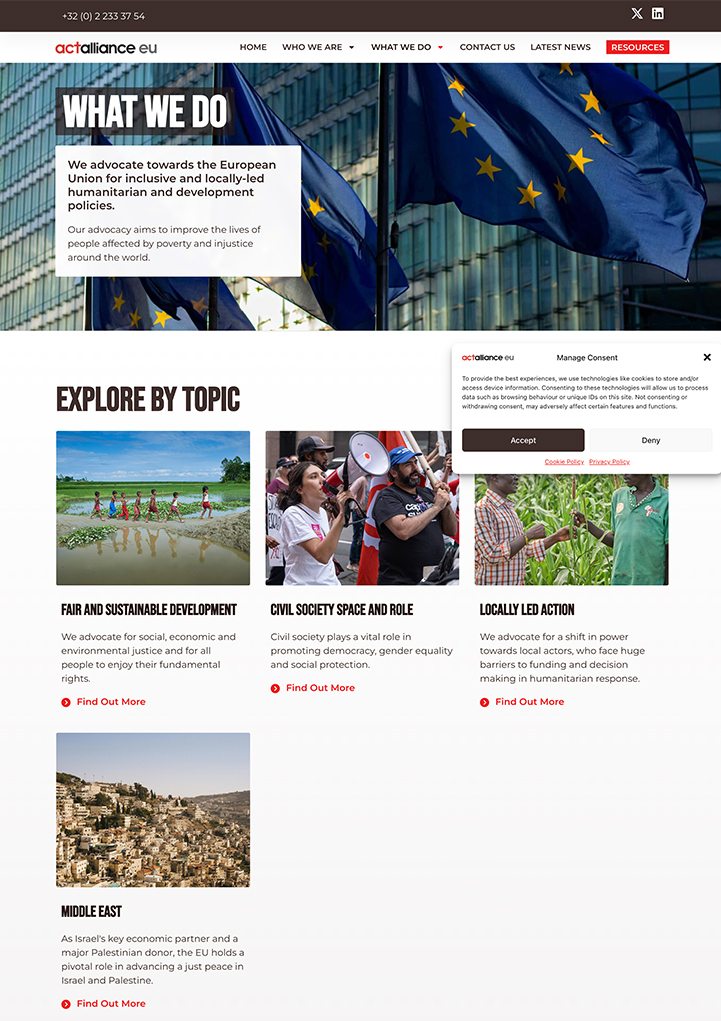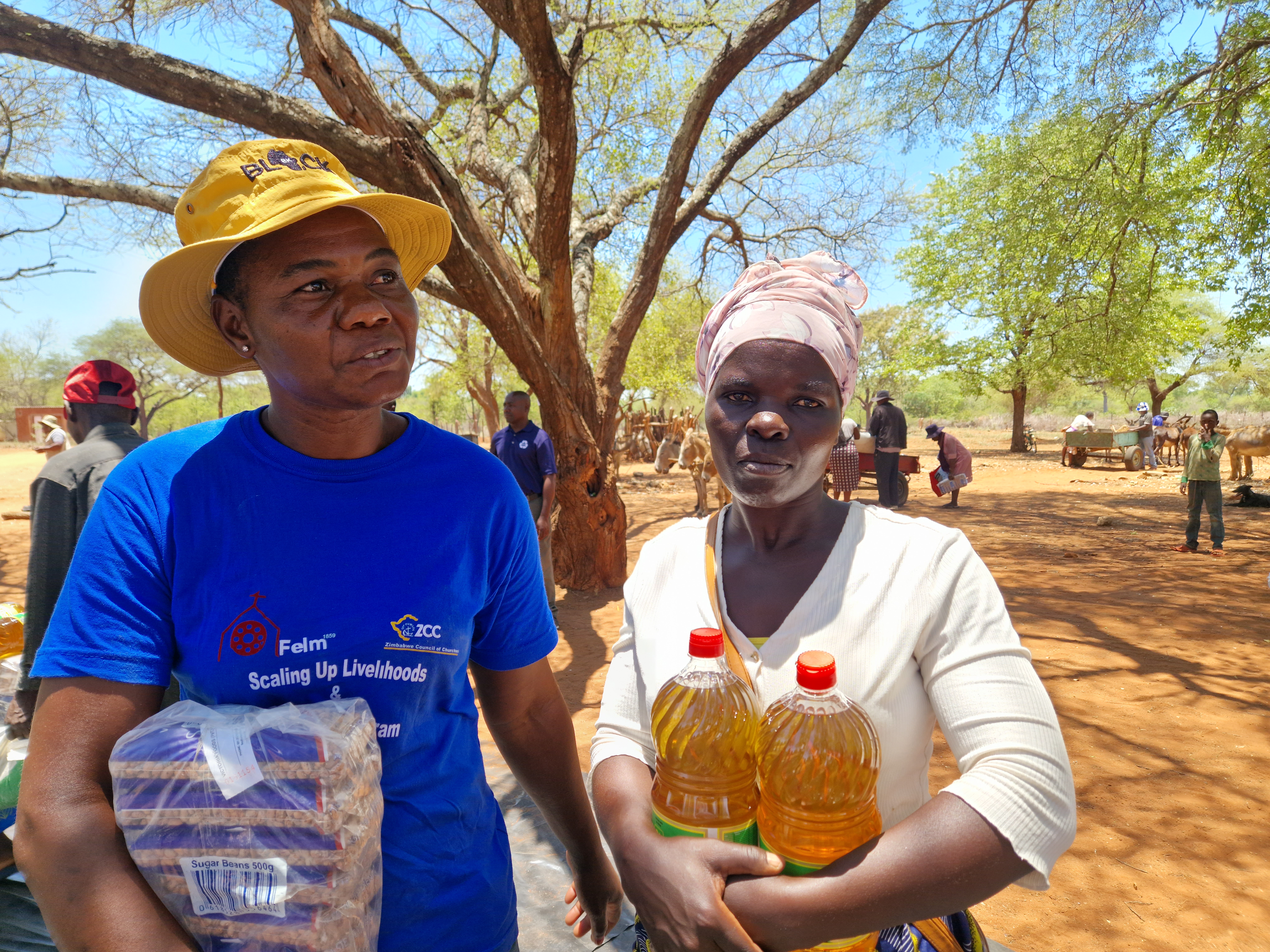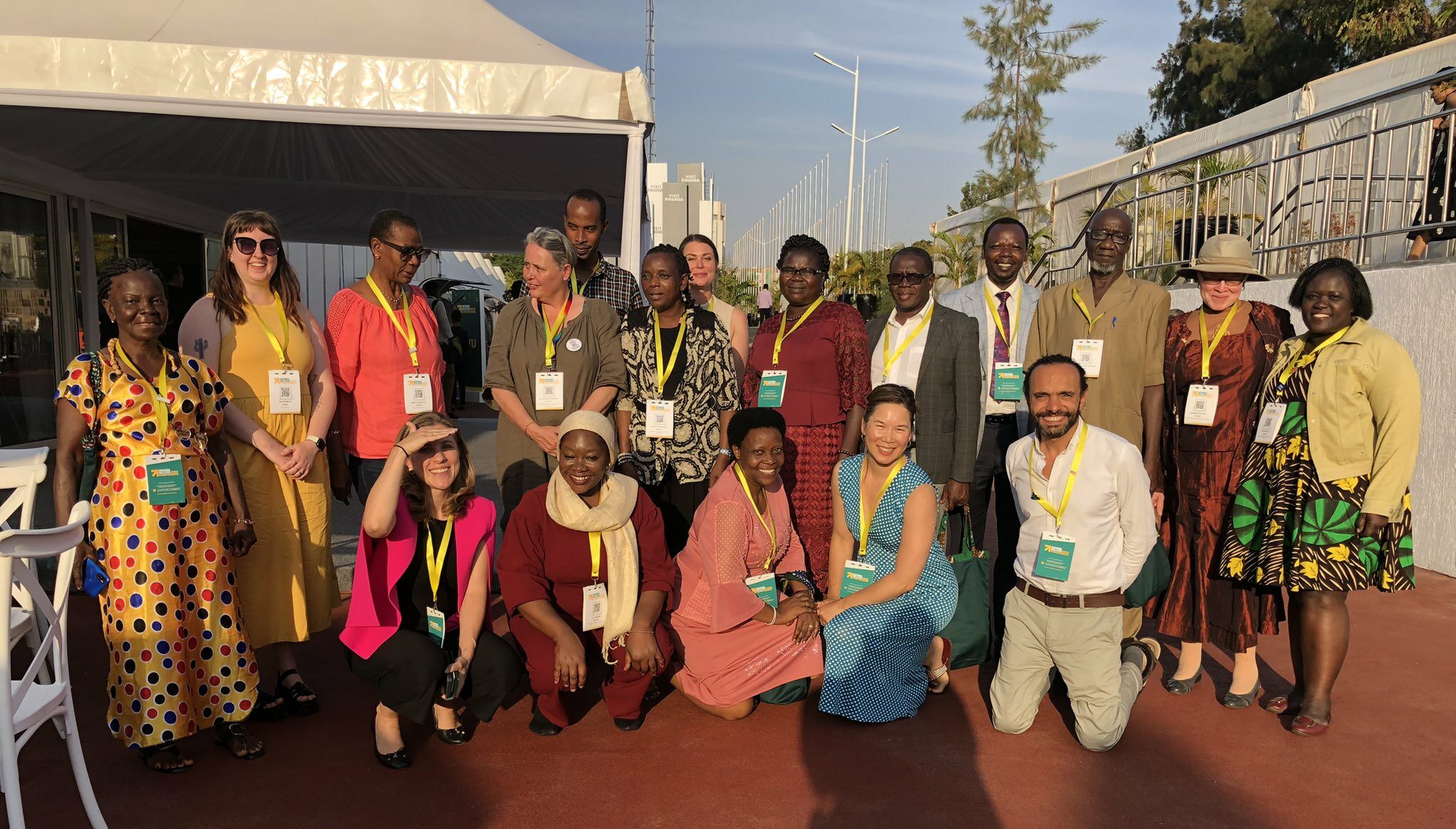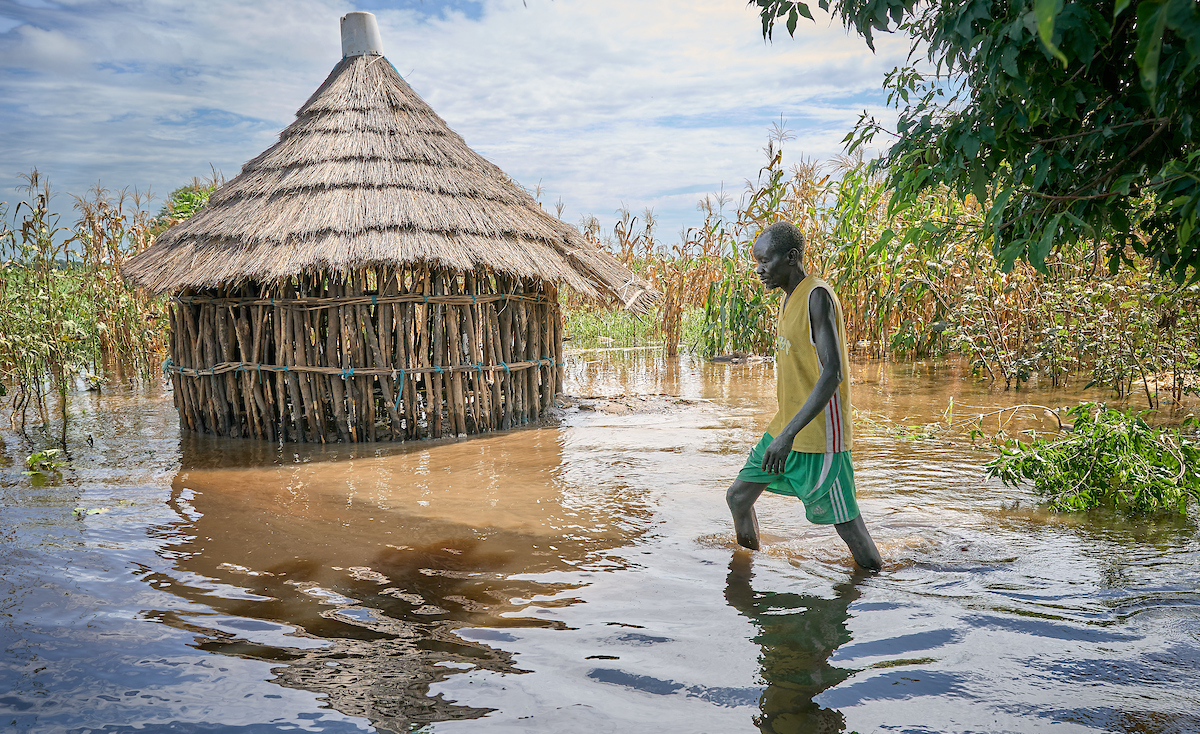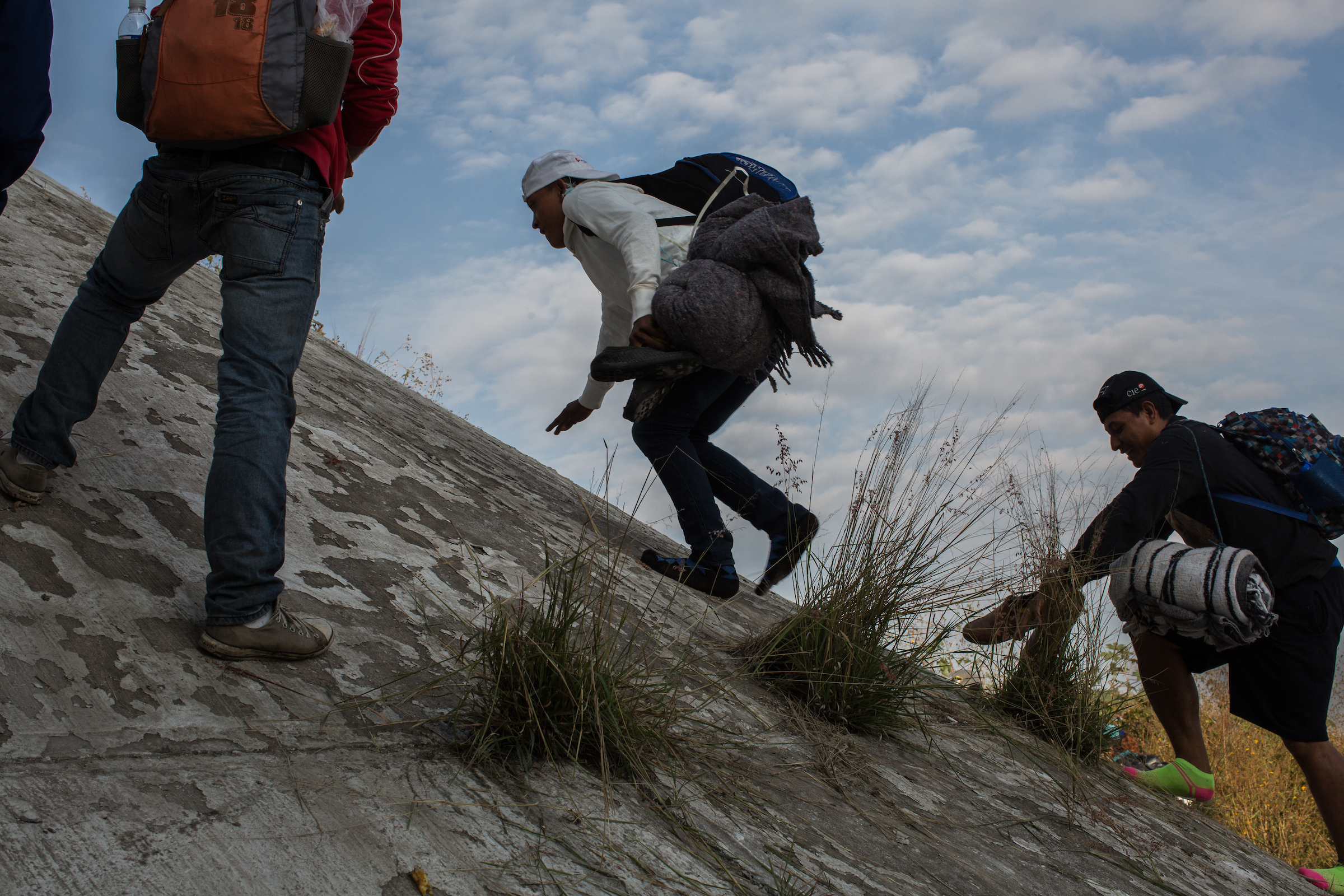At last count, there were 34.2 million refugees, asylum-seekers and other forcibly displaced people worldwide, plus 50.8 million internally displaced people due to conflicts and disasters. Although a majority of the world’s international migrants live in high-income countries, low- and middle-income countries host about 85% of all refugees and asylum seekers, with 27% being hosted by Least Developed Countries (LDCs).
